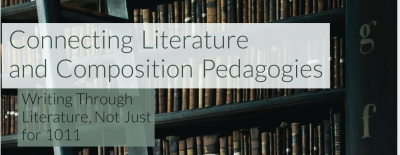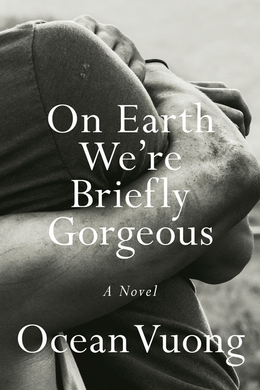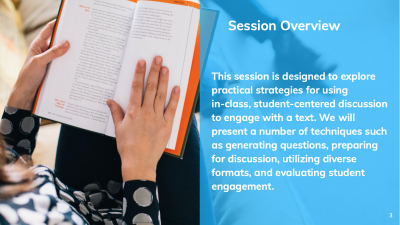
On October 25th, we held our fall conference on the relationship between literature and composition pedagogies and the role of literature in the composition classroom. As we face changes in the FYW program, it’s important to consider what skills we have as literature scholars that can and do transfer to our composition classes and to the teaching of writing across disciplines.
We decided to use an excerpt from Ocean Vuong’s 2019 novel On Earth We’re Briefly Gorgeous as a common literary starting point, which shaped at least the first half of the conference. Vuong is a Vietnamese-American poet and novelist who grew up in Hartford, and the excerpt we chose from the novel describes the nail salon in which the narrator’s family works and his mother’s experience with a customer with an amputated leg. That excerpt, and a recording of it, can be found here.
In our opening session, Scott Campbell outlined the main questions we wanted to address throughout the conference:
- How should we approach a literary text?
- Do you come to it as someone seeking to interpret it? (Is it a literary object?)
- Do you think about how it addresses a reader or conveys an argument? (Is it a rhetorical object?)
- Do you think about how it conveys history, experience, place, identity? (Is it an evidentiary text?)
- What else is possible?
- What can students produce, with a literary text as a starting point?
- How can we ask them to compose through or with literature rather than just about it?
- What are the advantages of turning to literary or cultural materials in the midst of a cross-disciplinary inquiry?


In each of our first breakout sessions, we discussed possible ways to teach the excerpt from On Earth We’re Briefly Gorgeous. We had one session on multimodal assignments, one on major project assignment sequences, and another on research projects. We also had sessions on in-class composition and in-class activities and discussion. All of the materials for each of those sessions can also be found here. In our second breakout sessions, groups of teachers workshopped and brainstormed for their own classes. We considered how we teach writing through literature now and how we might do it in the future.
We ended the conference (after a delicious Thanksgiving lunch) with a dress rehearsal of a panel presentation for another conference, NCTE 2019. In “Off Campus but in the Conversation: Acknowledging Complexity in High School-College Partnerships,” Scott Campbell, Lalitha Kasturirangan, Emily Kilbourn, Kristen Mucinskas, Jeff Roets, Lauren Shafer, and Marc Zimmerman explore the variability of sites within a dual credit/concurrent enrollment program. They consider how their presumed marginal role within the university might be better understood as a significant contribution to the university itself.
In some ways, this conference asked more questions than it answered, but that’s how it should be. We had many productive conversations that will not and should not end with the end of the conference. We all know that there is value in keeping literature in the composition classroom, and it’s important that we’re able to articulate that value, to ourselves, to our students, and to our administrators. We also all know that there’s a difference between literary analysis and writing through literature, but there is an overlap in those pedagogical skills.
Thank you so much to all the presenters and participants for a really engaging and complex conference. We hope that these conversations will continue!
If you would like to be involved in future ECE conferences, please reach out to me (Hannah), Scott, or Jason.